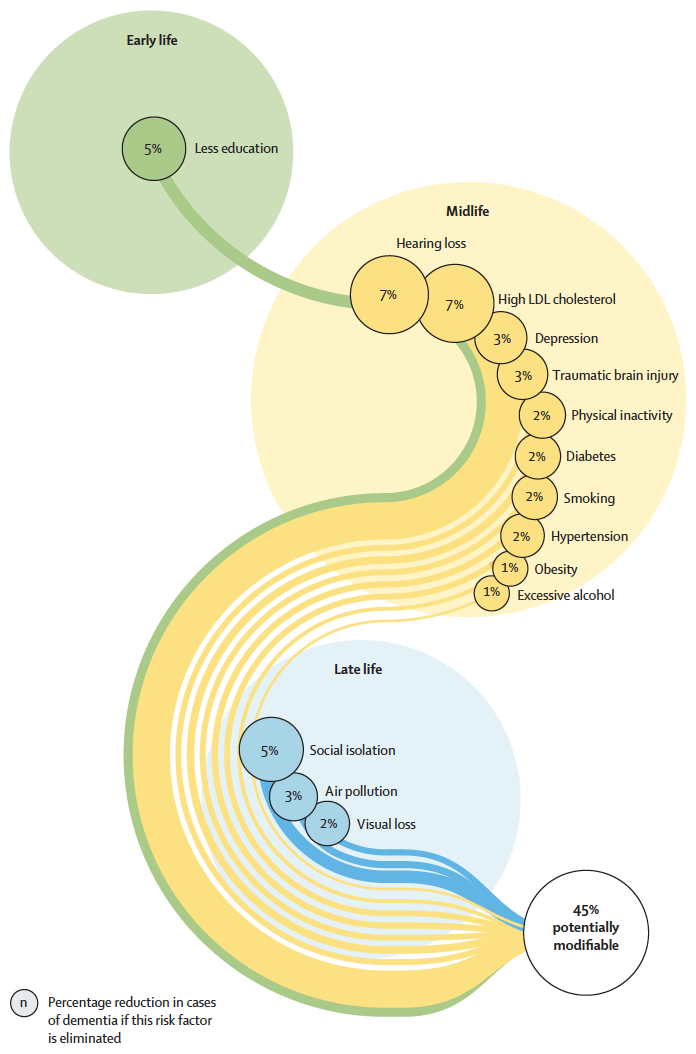
3 Unexpected Benefits of your Brain Health Investment: What to Know
For many in the active aging space, August is a time of budgets and decision making. While dollars are tight, the pandemic’s impact has proven that the real value of wellness engagement to resident health, connection, and satisfaction is, in fact, priceless.
As you consider how to stretch your allocation for maximum impact, you should know that there are multiple, unexpected ways investing in brain health is a wise move for your wellness impact – and your bottom line.
There really are countless ways making cognitive fitness a priority for your wellness spend brings surprising benefits, but let’s start with my top 3:
1. Brain training benefits your wellness engagement.
Your goal is to deliver wellness options residents will use and love. Look no further than brain fitness, which is a high wellness priority for everyone living in your community. A 2017 survey found that a whopping 72% of the 3,000+ adults say losing their memory is their top worry about aging. Residents not only have identified that they want your help keeping their cognition vital – they vote with their attendance when you include cognitive fitness training on the calendar.
Including cognitive wellness also helps you promote your overall health platform. Current science confirms the strong tie between body, mind, and spirit interventions and sharp thinking, dementia prevention, and living well with memory loss. Going beyond busy packets to well-designed brain health training can raise everyone’s awareness and participation in your fitness, creative, and community offerings.
2. Brain training benefits resident’s autonomy and purpose.
Daily thinking and memory are not the only targets of cognitive wellness – so are the skills needed for independence and vitality. After the pandemic, residents have a renewed commitment to taking care of
their brain health. Providing training options that help them meet those goals benefits their confidence, sense of achievement, and autonomy to direct their own wellness decisions. Opportunities for residents to drive their brain health engagement make it much more likely they will find their time in your program meaningful, fulfilling, and purposeful. Adding options such as peer training and program leadership can boost resident autonomy and purpose even more.
3. Brain training benefits your business plan.
Investing in brain training that truly engages your residents pays off for your bottom line as well. High value, meaningful brain training is a differentiator that can set your community apart for prospective community members and their families. While brain teasers may entertain, they do not reflect the serious commitment to cutting edge brain wellness the current marketplace demands. In addition, quality cognitive training contributes to having happy, satisfied residents who feel more deeply connected to each other and to a community that goes beyond the mundane to provide cutting-edge resources that help them thrive. That is, after all, why they moved to your community in the first place — and is most likely what will get them to stay.
Research shows that lifestyle wellness is a main reason folks are drawn to communal living. Further, we know that active wellness participants enjoy a higher quality of life, are more satisfied with living in your community, and stay healthier and independent for about 2 years longer, reducing their cost of care. As a highly sought-after aspect of wellness that brings a bounty of benefits, brain fitness is just a smart investment.



